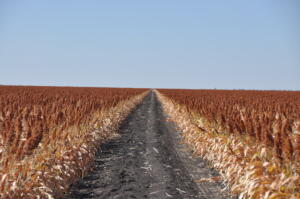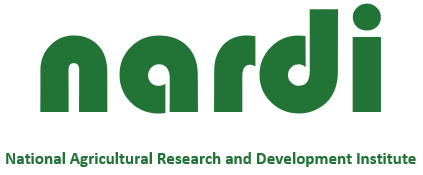
A socio-economic study was carried out across all districts to identify indigenous beverages consumed across Botswana, to assess their socioeconomic benefits and to determine the processes of production. A multistage sampling procedure was employed to identify thirty-eight (38) localities including villages and towns for data collection across Botswana’s ten (10) districts. Data was collected from a sample of 380 producers.
Traditional knowledge of the recipes and processing methods was also collected. The results show that Traditional Beer (Bojalwa ja Setswana), Chibuku (made of Chibuku powder), Khadi and Modaefok are the alcoholic beverages predominantly produced across the districts of Botswana, while Ginger Beer (Gemmere) is the main non-alcoholic drink produced in all the districts. An alcoholic beverage by the name Ila (made from maize meal) proved to be the most profitable while Setopoti / Chitopoti (produced from watermelon), also alcoholic, was produced in the highest volumes even though it was seasonal and had the highest amount of wastage. Challenges faced by producers include lack of funds, high input costs, lack of markets and shortage of raw materials.
The next step in the project will be to carry out a business case study to identify the indigenous beverages with economic value for optimisation and commercialisation.

